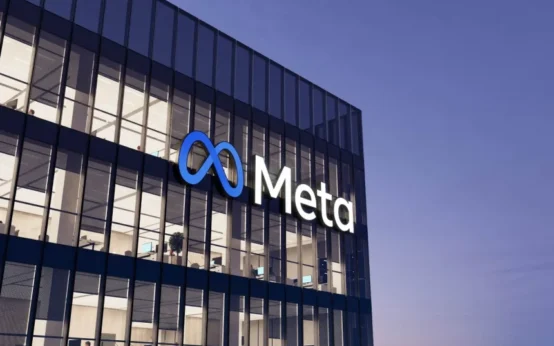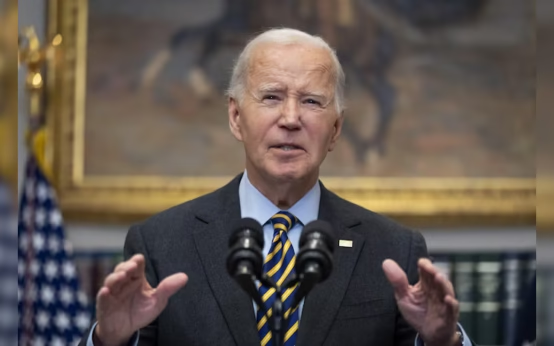In today’s fast-changing world, where conflicts and misunderstandings between communities are often fueled by misinformation and prejudice, technology can offer unexpected solutions. One such solution is Artificial Intelligence .While AI is usually linked to robots, automation, or advanced computing, it can also be a powerful tool in promoting peace and interfaith harmony. If used wisely, AI can help build bridges between religions and cultures, break down stereotypes, and support meaningful dialogue.
Using AI to Bridge Religious and Cultural Divides
AI can analyze massive amounts of data from various sources such as books, articles, speeches, and social media. Through this, it can identify patterns that ofte lead to conflict or misunderstanding between different religious or cultural groups. For example, if certain terms or narratives are frequently misunderstood or misused online, AI can flag them and recommend ways to communicate more effectively and respectfully.

Also, AI-driven translation tools can make religious texts, prayers, and cultural content available in many languages. This allows people of different faiths to better understand each other’s beliefs and traditions. When people understand each other better, there is less room for fear and mistrust.
AI-Powered Education and Awareness Campaigns
Education is one of the most important tools in promoting peace. AI can personalize educational content for students of all ages, helping them learn about various religions, cultures, and global peace efforts. By tailoring lessons based on individual learning styles and local sensitivities, AI can deliver messages of peace and harmony more effectively.
Moreover, AI can support online campaigns to spread awareness about religious tolerance, anti-discrimination, and peaceful coexistence. These campaigns can reach millions across social media platforms, and AI can help optimize the timing, language, and format to have the greatest impact.
Combating Hate Speech and Misinformation
One of the biggest challenges in interfaith relations today is the spread of fake news and hate speech, especially on the internet. AI can help monitor online content and detect harmful or false information before it spreads. It can also identify accounts or groups that promote religious violence.

By filtering out hateful content and promoting accurate and positive stories about different faiths, AI helps create a safer and more respectful digital space. This in turn reduces tensions and builds trust among different communities.
Creating Virtual Dialogue Spaces
Developers can design AI-powered chatbots and virtual platforms to host respectful discussions between people of different religious or cultural backgrounds. AI moderators can actively guide these conversations to ensure they remain peaceful and respectful.
Such platforms allow individuals who might never meet in person to share experiences, ask questions, and learn from each other. These conversations can break down prejudice and build understanding, one dialogue at a time.
AI systems can predict when and where religious or cultural tensions might escalate into conflict. By analyzing data such as political events, community tensions, or online sentiment, AI can warn governments, NGOs, and peace organizations early. This gives them a chance to step in and calm the situation before violence begins.


 Meta to Lay Off 3600 Employees
Meta to Lay Off 3600 Employees  Oligarchy Taking Shape In America,” Says President Joe Biden
Oligarchy Taking Shape In America,” Says President Joe Biden